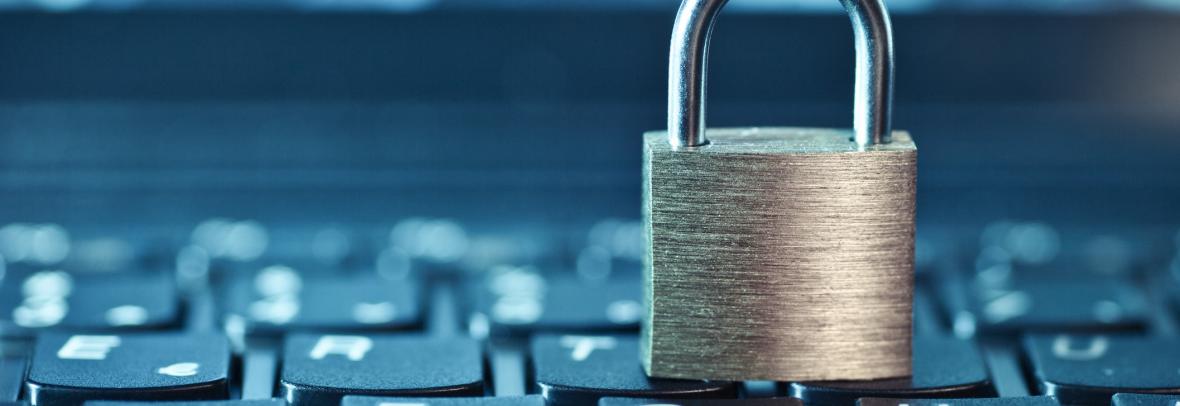News & Media

piranka / Getty Images
5 Ways to Keep Business Safe From Hackers
Some hackers gain access to computer systems because an operator made a security mistake – but only regular focused efforts can stop the more sophisticated hackers.
CHICAGO – Keep your guard up. As more people work from home, they could be exposing themselves to viruses and other online dangers that might not threaten their physical health but could put their business at risk.
Individuals who don’t have the support of an IT team may be more vulnerable to scams. To protect your business, follow these tips from tech coach Burton Kelso, owner of Integral in Kansas City, Mo.
- Ensure strong internet and Wi-Fi connections. Check your internet speed at speedtest.net. Download speeds lower than 30 mbps could lead to problems accessing an office’s virtual private network, cloud storage service or videoconference calls.
To increase Wi-Fi speeds at home, consider add-ons like Google’s Wi-Fi “mesh” router system, which can blanket an area with a stronger signal, or TP-Link’s Powerline adapter system, which turns the electrical wiring inside walls into an Ethernet network.
When working remotely, use your phone as a mobile hot spot if your plan allows it. Whenever you have to log in using free, insecure public Wi-Fi, enable a VPN service, such as TunnelBear or NordVPN, to keep your data more secure.
- Set up automatic data backup. Use a cloud-based product to protect your business from data loss, using such companies as Carbonite or BackBlaze (both cost about $83 a year). For Apple devices, you can use iCloud. Google Drive and Google Photos offer cloud services for PCs, Android, and Apple devices.
- Be on guard for phishing scams. The majority of cybersecurity attacks require user interaction – that is, you must click on fraudulent links. In a remote setting, it’s harder to rely on an IT department’s safety net.
Phishing scams, where malevolent URLs are disguised with benign text, are the most common type of attack. Take a quiz to measure your current defense protocols at opendns.com/phishing-quiz or phishingquiz.withgoogle.com. The National Association of Realtors® offers a cybersecurity checklist to help you reduce your risk.
- Use strong passwords. Consider using passphrases for your passwords. Passphrases are unrelated words that you string together to create a password (e.g., “YellowOctopus” or “StuffyTar”). Add numbers and special characters to make them even stronger. Avoid weak passwords tied to your personal life, and don’t reuse passwords or passphrases for different accounts.
Use password managers, such as LastPass, to keep track of your passwords. Set up two-factor authentication for your accounts whenever possible. Change passwords immediately if you suspect a breach.
- Check the security of your information. In some ways, you are a public figure. Your name and face are your brand. That makes it easier for cybercriminals to steal your information.
Go to haveibeenpwned.com, which tracks website breaches, periodically to check on the vulnerability of your online accounts. Simply enter your email address to see sites where your data could have been breached.
Source: National Association of Realtors® (NAR) Realtor Magazine
© 2023 Florida Realtors®
